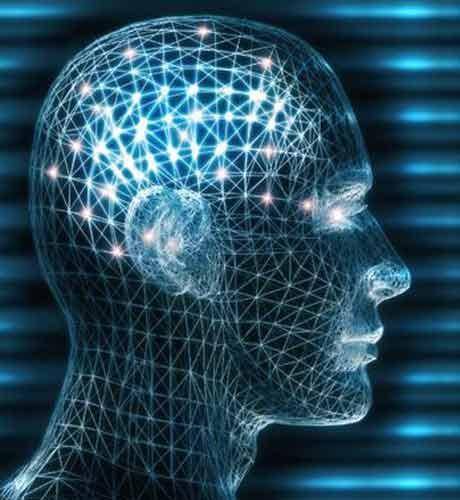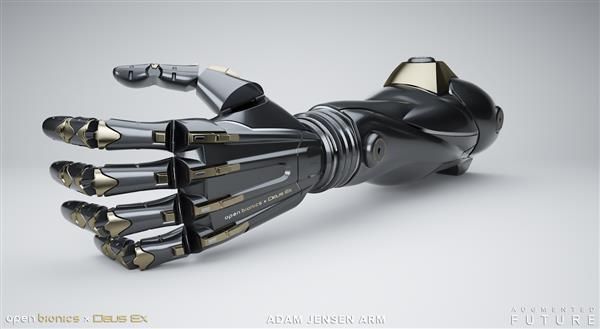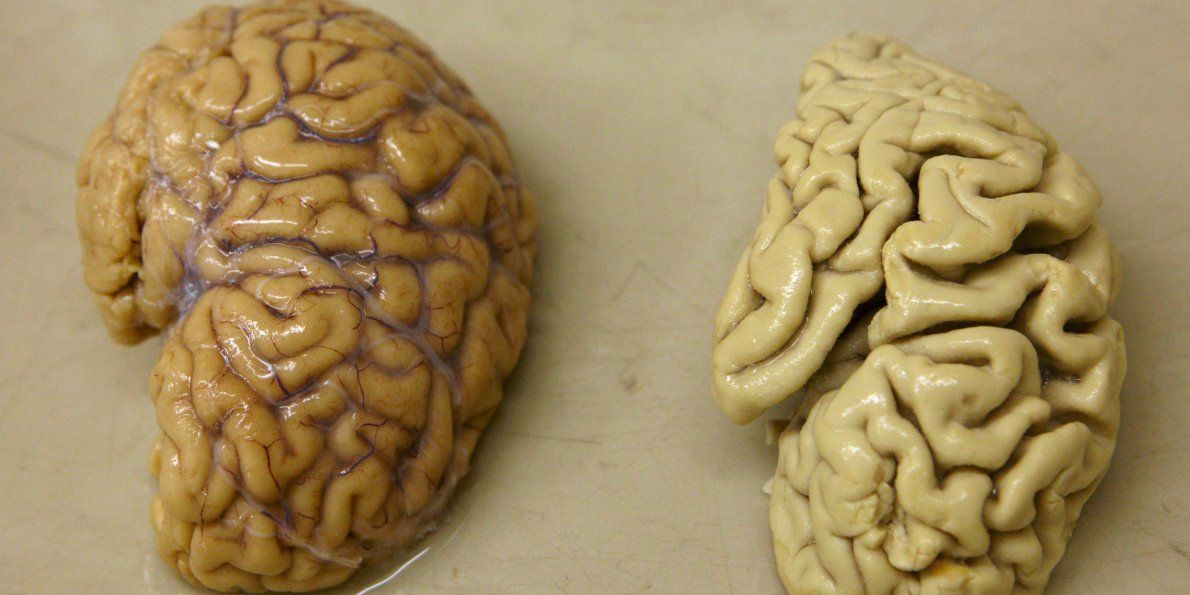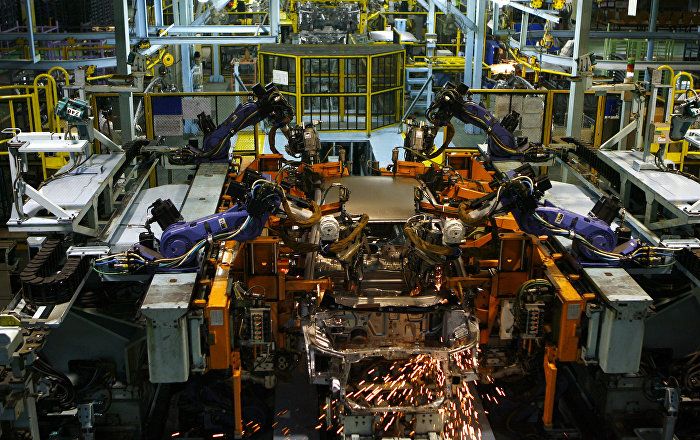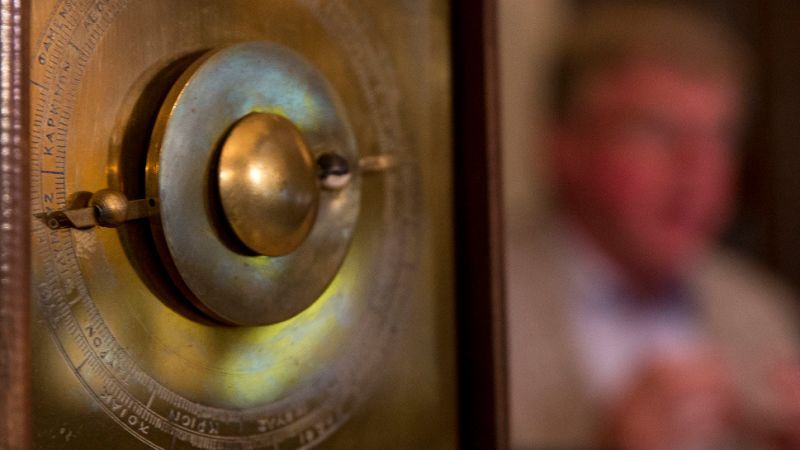Page 11499
Jun 11, 2016
The artificial intelligence revolution in legal services
Posted by Karen Hurst in categories: law, robotics/AI
Years ago I was expert witness for an IP case involving some very badly designed and coded software. Case was a significant mount of money, and I had to review tons of documents, code, and diagrams to help prepare the case and give my deposition. It would have been nice to have a bot to assist. So, I do like what I am reading in this article.
Rebecca Hawkes, head of marketing at RAVN Systems, discusses why artificial intelligence is showing promise in the legal sector.
There’s been a considerable amount of media hype around artificial intelligence recently, but this isn’t just the latest buzzword.
Continue reading “The artificial intelligence revolution in legal services” »
Jun 11, 2016
Biological networks can boost artificial intelligence
Posted by Karen Hurst in categories: biological, neuroscience, robotics/AI
For robots; the bigger question where is the bigger ROI? Robots trying to be built to out do people; or is it better to enhance people? DARPA is more focused on enhancing people such as soldiers; and I agree with DARPA.
Understanding the hierarchical structure of biological networks like human brain — a network of neurons — could be useful in creating more complex, intelligent computational brains in the fields of artificial intelligence and robotics, says a study.
Like large businesses, many biological networks are hierarchically organised, such as gene, protein, neural, a…
Continue reading “Biological networks can boost artificial intelligence” »
Jun 11, 2016
You’ll soon be able to 3D print your own Deus Ex inspired prosthetics
Posted by Roman Mednitzer in categories: 3D printing, biotech/medical, cyborgs, transhumanism
Together, Eidos Montreal, Square Enix, and OpenBionics are working on the development of two Deus Ex inspired bionic arms, which are set to be finished in 2017. The first model is inspired by Adam Jensen’s own bionic arm, and the second is described as the Deus Ex Universe arm. The 3D illustrations of the arms are undeniably stunning, as Vu added that “we wanted something to touch upon high fashion…something that looks very slick and you could be very proud to wear.”
Continue to read on http://www.3ders.org/
#obminitiative
Continue reading “You’ll soon be able to 3D print your own Deus Ex inspired prosthetics” »
Jun 11, 2016
Elon Musk provides new details on his ‘mind blowing’ mission to Mars
Posted by Klaus Baldauf in categories: Elon Musk, space travel
While waiting for a human heart transplant, Stan Larkin lived 555 days without the organ at all.
To passers-by, the 25-year-old Ypsilanti, Michigan, resident appeared to be a typical young adult. He enjoyed taking his three toddlers to the park and hanging out with his younger brother, Dominique.
Jun 10, 2016
If you think your brain is more than a computer, you must accept this fringe idea in physics
Posted by Sean Brazell in categories: computing, neuroscience, physics
Jun 10, 2016
Living Bacteria Can Now Store Data
Posted by Sean Brazell in categories: bioengineering, biotech/medical, computing, genetics
Using the CRISPR gene-editing tool, scientists from Harvard University have developed a technique that permanently records data into living cells. Incredibly, the information imprinted onto these microorganisms can be passed down to the next generation.
CRISPR/Cas9 is turning into an incredibly versatile tool. The cheap and easy-to-use molecular editing system that burst onto the biotech scene only a few years ago is being used for a host of applications, including genetic engineering, RNA editing, disease modeling, and fighting retroviruses like HIV. And now, as described in a new Science paper, it can also be used to turn lowly microorganisms into veritable hard drives.
http://io9.gizmodo.com/5935415/why-dna-is-the-future-of-data-storage
Jun 10, 2016
Robots Threaten the Job Market, Warns India’s Central Bank Governor
Posted by Dan Kummer in categories: economics, robotics/AI
India’s Central Bank Governor Raghuram Rajan has cautioned that robots are replacing human workers at an alarming rate, especially in the manufacturing sector, which could create political turmoil in emerging economies like India and Vietnam.
NEW DELHI (Sputnik) — Speaking at a book launching in Mumbai, Raghuram Rajan said:
“The emerging threat is: It is not the guy sitting in Bangalore but the robot next door which is going to take your job, and this creates enormous anxiety among the middle class. You can see this in the political dialogue that is taking place in the US as well as in the run-up to Brexit in Britain.”
Continue reading “Robots Threaten the Job Market, Warns India’s Central Bank Governor” »
Jun 10, 2016
The World’s Oldest Computer May Have Been Used to Predict the Future
Posted by Sean Brazell in categories: computing, engineering, space
Discovered in an ancient shipwreck near Crete in 1901, the freakishly advanced Antikythera Mechanism has been called the world’s first computer. A decades-long investigation into the 2,000 year-old-device is shedding new light onto this mysterious device, including the revelation that it may have been used for more than just astronomy.
The Antikythera Mechanism is one of the most fascinating and important archaeological discoveries ever made, one that reveals the remarkable technological and engineering capacities of the ancient Greeks as well as their excellent grasp of astronomy. This clock-like assembly of bronze gears and displays was used to predict lunar and solar eclipses, along with the positions of the sun, moon, and planets. It wasn’t programmable in the modern sense, but it’s considered the world’s first analog computer. Dating to around 60 BC, nothing quite like it would appear for another millennium.


